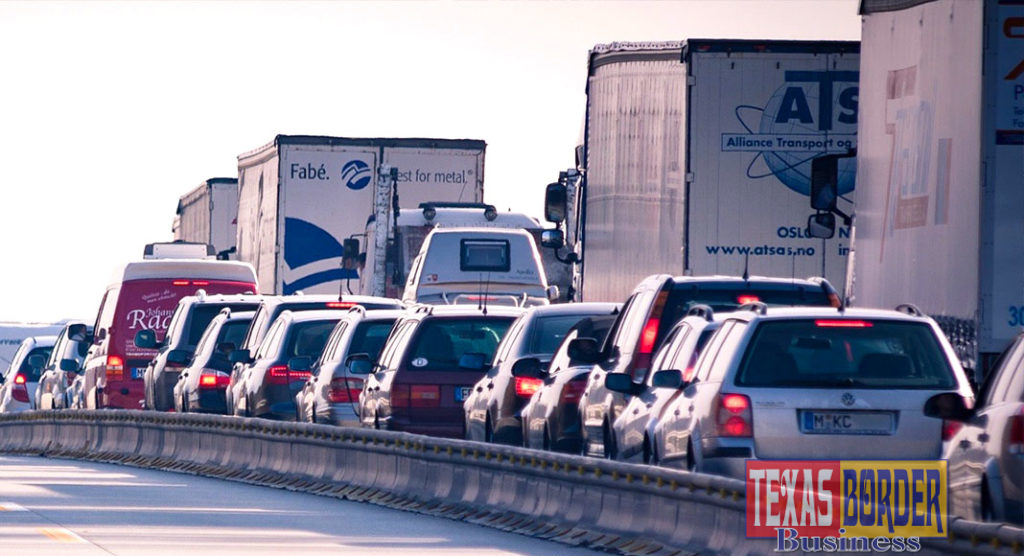
Texas Border Business
LAREDO – Today, IBC Bank released results from a Perryman Group report the bank commissioned, “The Economic Costs of the U.S.-Mexico Border Slowdown.” The report confirmed the long-touted assertion that U.S. ports of entry are underfunded, understaffed and overwhelmed by increasing levels of trade.

“IBC Bank has been doing business on the border for over 50 years,” explains IBC Bank Chairman & CEO Dennis E. Nixon. “What we have gleaned from these decades of experience is that we need a robust border crossing infrastructure that is fully and expertly staffed in order to maintain a system that can successfully manage the $611.5 billion in trade volume between the two countries.”
In the study, the Perryman Group confirms that the current slowdown on the U.S.-Mexico border is reducing efficiency and costing the U.S. economy billions of dollars in output and hundreds of thousands of jobs. As a major exporting and importing state with an extended international border, Texas is particularly hard hit by the slowdown at ports of entry. If these delays reduce trade by one third over a three-month period, they could cost the U.S. economy $69 billion and more than 620,000 jobs. Losses to the Texas economy alone are estimated to reach $32 billion and 292,000 jobs.

“It is important to understand the role that many of the goods crossing the border play in final products,” said IBC Bank Senior Vice President Eddie Aldrete. “These goods are destined for manufacturing or assembly facilities for further production work on both sides of the border. Beyond goods, nearly half a million people legally cross the southern border every day as workers, students, shoppers and tourists.”
The economies of the United States and Mexico are strongly intertwined to the benefit of both nations. In addition to the economic impact, the day-to-day lives of the millions of people in the border region often involve frequent crossings for work, shopping, entertainment or education. Longer delays in crossings can cause substantial harm, while a lengthy closure would be devastating. Solving the problems causing delays is in the interest of Americans and Mexicans alike.
The April 2019 study, “The Economic Costs of the U.S.-Mexico Border Slowdown,” was commissioned by IBC Bank in support of the Texas Association of Business, Texas Border Coalition, Texas Business Leadership Council and the Border Trade Alliance.











